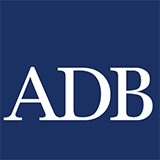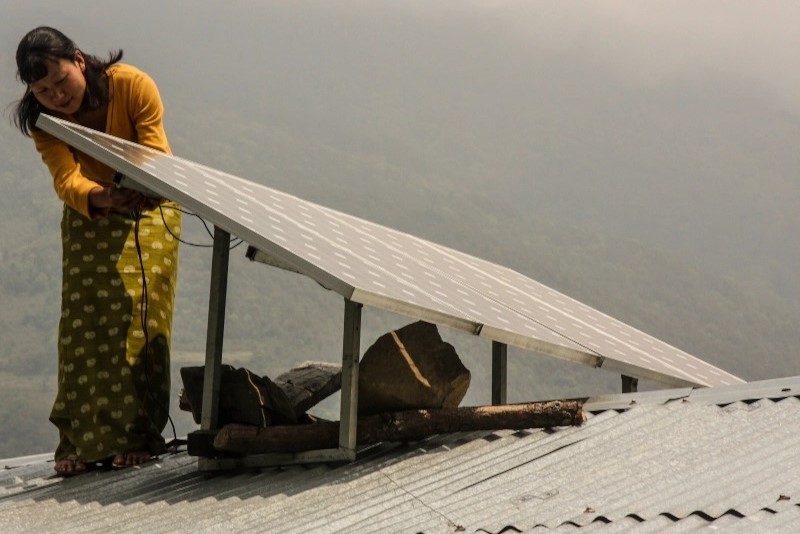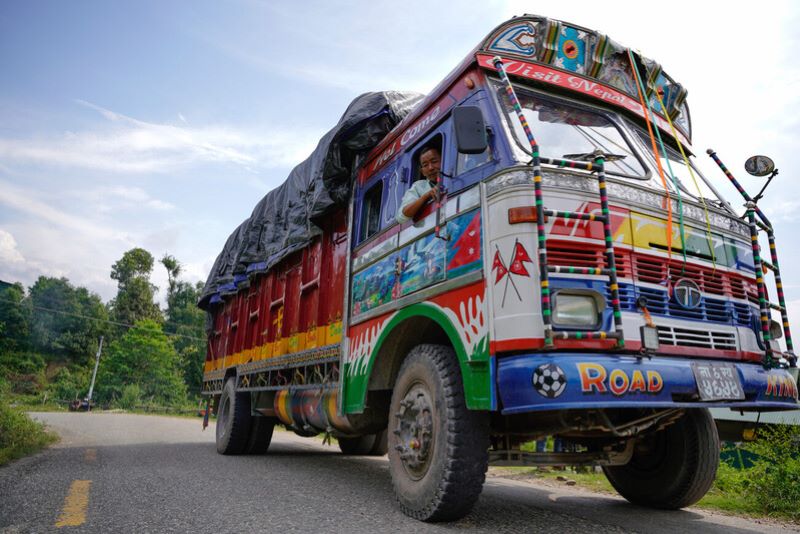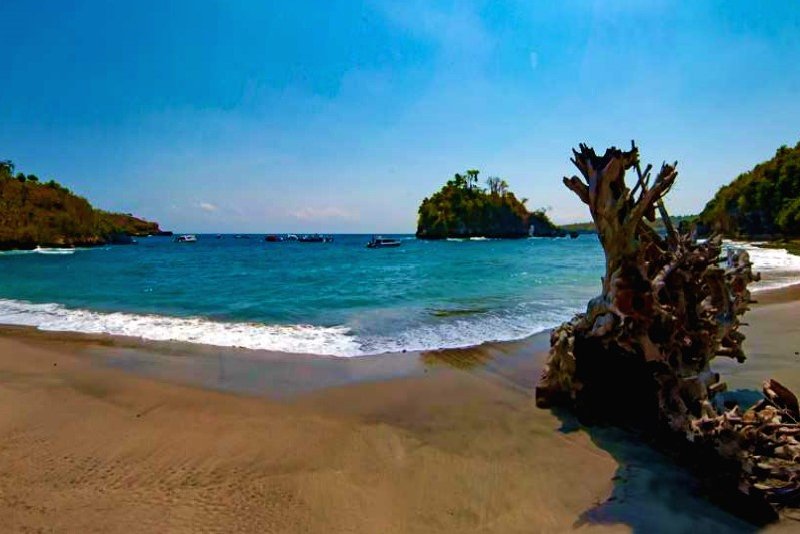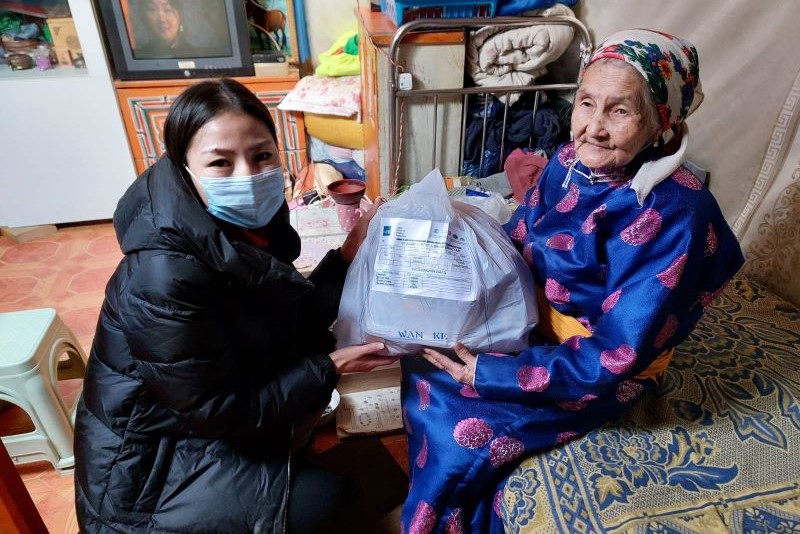The Republic of Korea (ROK) is an important knowledge and development partner working with ADB to support the growing demand for large-scale development projects, particularly for renewable energy, energy efficiency, water supply and sanitation, waste treatment, sustainable transportation, information and communication technology (ICT), and climate change.
The ROK channels its work in international cooperation and development assistance through several offices. Collaboration between ADB and the ROK is maintained with the Ministry of Economy and Finance (MOEF) and the Export–Import Bank of Korea, also known as Korea Eximbank or KEXIM. The ROK provides the official development assistance loan program that promotes its economic cooperation among the developing countries through the Economic Development Cooperation Fund funded by MOEF and administered by KEXIM. The Korea International Cooperation Agency under the Ministry of Foreign Affairs is responsible for grant aid and technical cooperation to developing countries. Other ministries and agencies collaborating with ADB include the Ministry of Agriculture, Food and Rural Affairs, the Korea Meteorological Administration, the Korea Energy Agency, and the Public Procurement Service.
The ROK has had a standing memorandum of understanding (MOU) with ADB since 2008 to enhance collaboration in sovereign cofinancing. The latest MOU commits to providing $700 million of concessional loans for cofinancing from 2021 to 2024, $350 million of which is earmarked for the ASEAN Catalytic Green Finance Facility. KEXIM has an MOU with ADB as well, signed in 2017, to help improve and support the development and financing of infrastructure projects in the region through public–private partnerships.
ADB also works with the Ministry of Agriculture, Food and Rural Affairs (MAFRA). ADB signed a partnership framework arrangement (PFA) with MAFRA in 2018 for technical assistance cofinancing and expert arrangement for W2 billion ($1.7 million). The PFA aims to promote technological advances in farming techniques, mainstream high-level technology in upstream and downstream agricultural activities, and support inclusive agribusiness. In 2021 and 2022, it was amended to extend the partnership and reallocate funds to engage a new expert to support ADB’s Rural Development and Food Security (Agriculture) Thematic Group.
Sovereign Cofinancing. The ROK’s project-specific cofinancing in 2022 supported Indonesia in achieving faster growth that is both inclusive and sustainable through a $100 million loan and in transforming their energy sector through a $60 million loan.
The Republic of Korea e-Asia and Knowledge Partnership Fund was established in 2006 to contribute to poverty reduction in Asia and the Pacific by improving access to ICT and facilitating knowledge sharing and partnerships. By the end of 2022, total contributions committed by the ROK government had reached $163.3 million, of which $103.1 million for 188 investment, grants and technical assistance projects had been signed.
Nonsovereign Cofinancing. The Trade and Supply Chain Finance Program (TSCFP) supported over 1,480 transactions valued at $786.2 million with banks domiciled in the ROK from inception to December 2022. During the same period, the TSCFP supported over 3,940 ROK exports and/or imports valued at $3.5 billion. In 2022 alone, the TSCFP supported 284 transactions valued at $206.5 million with banks domiciled in ROK and supported 570 ROK exports and/or imports valued at $454.1 million. Exports and/or imports were mainly to/from Viet Nam, Bangladesh, and Uzbekistan. Underlying goods involved mostly raw and non-energy commodities, food and agriculture-related goods, as well as automotive and parts.
Special funds. The ROK contributes to ADB special funds where contributions from financing partners are administered with the same level of care as ADB’s own resources. Since becoming a member in 1966, the ROK has committed a total of $788.1 million to special funds, of which $706.9 million went to the Asian Development Fund (ADF). The ADF provides grants to ADB’s low-income developing member countries to promote poverty reduction and improvements in the quality of life.
Knowledge. Through a side event in COP27, high-level representatives and technical experts from the ROK, the International Energy Agency, the International Carbon Action Partnership, and ADB discussed with carbon pricing and Article 6 experts about the current state and trends of clean energy transitions, and what role domestic carbon markets and Article 6 could play in accelerating the transition.
Active Trust Funds
Trust funds with ongoing projects or no active projects but with remaining funds are considered active
News
To be built in central-west Bhutan, the power plant will have a minimum total capacity of 17.38-megawatts peak and will generate 25 gigawatt-hours of electricity annually. This will help diversify Bhutan’s energy mix.
ADB and the Korea Exim Bank are helping India strengthen its logistics infrastructure by simplifying external trade logistics and domestic cargo movements, modernizing warehouses, improving business processes, and stimulating private investments.

